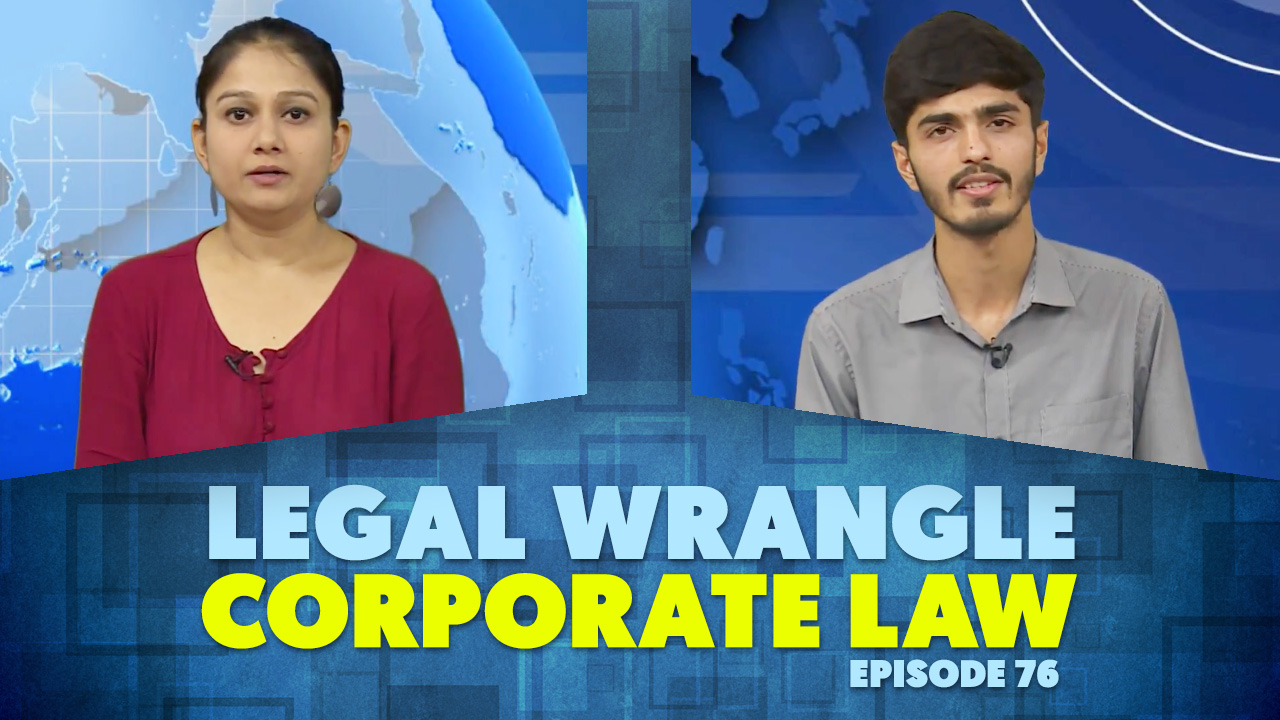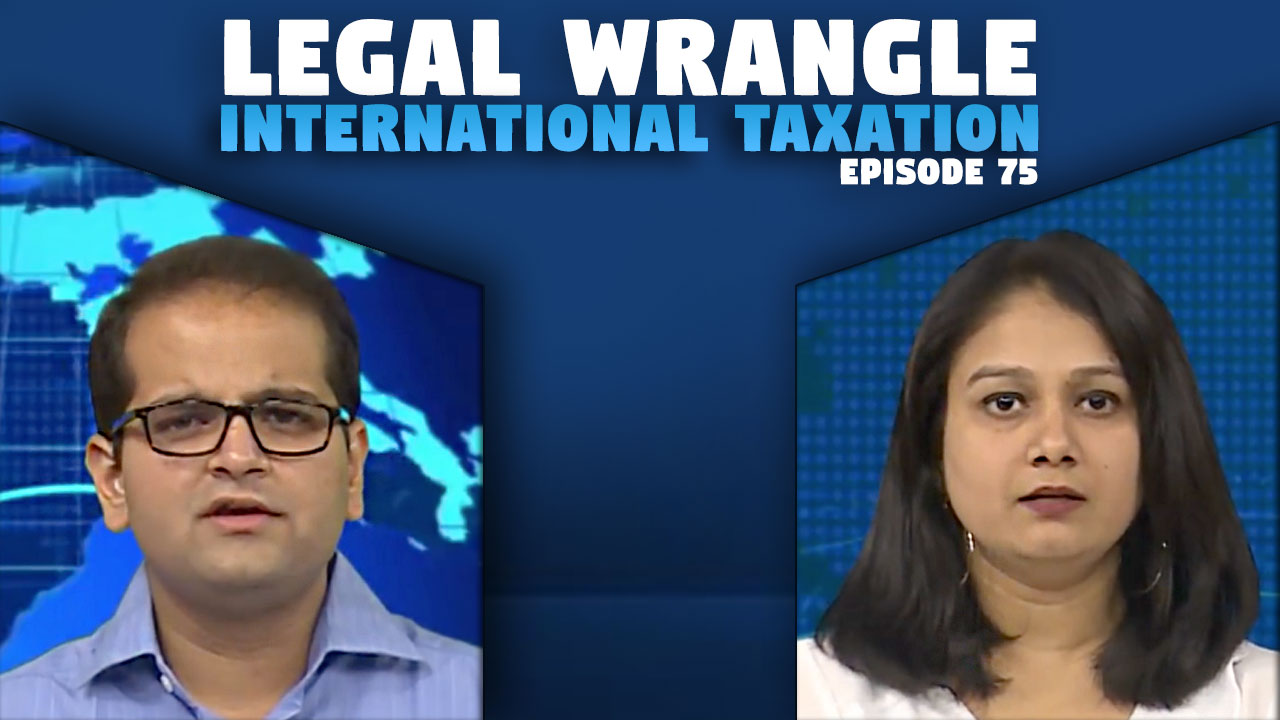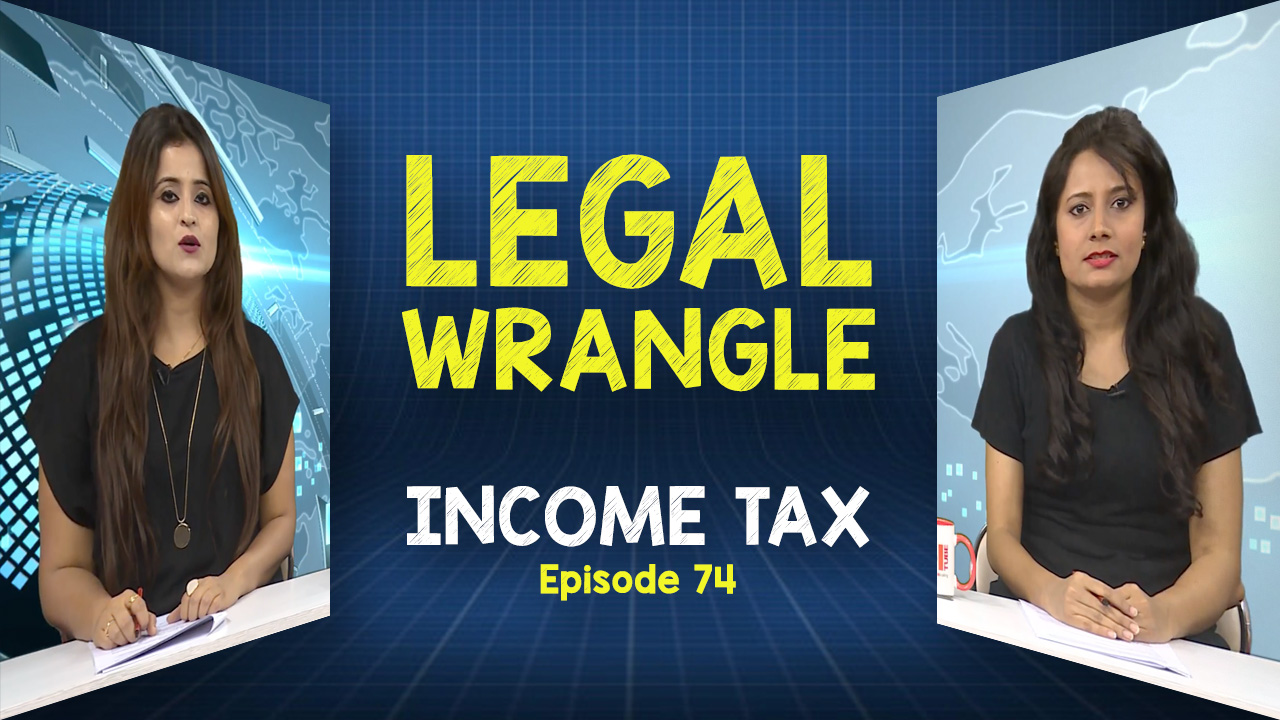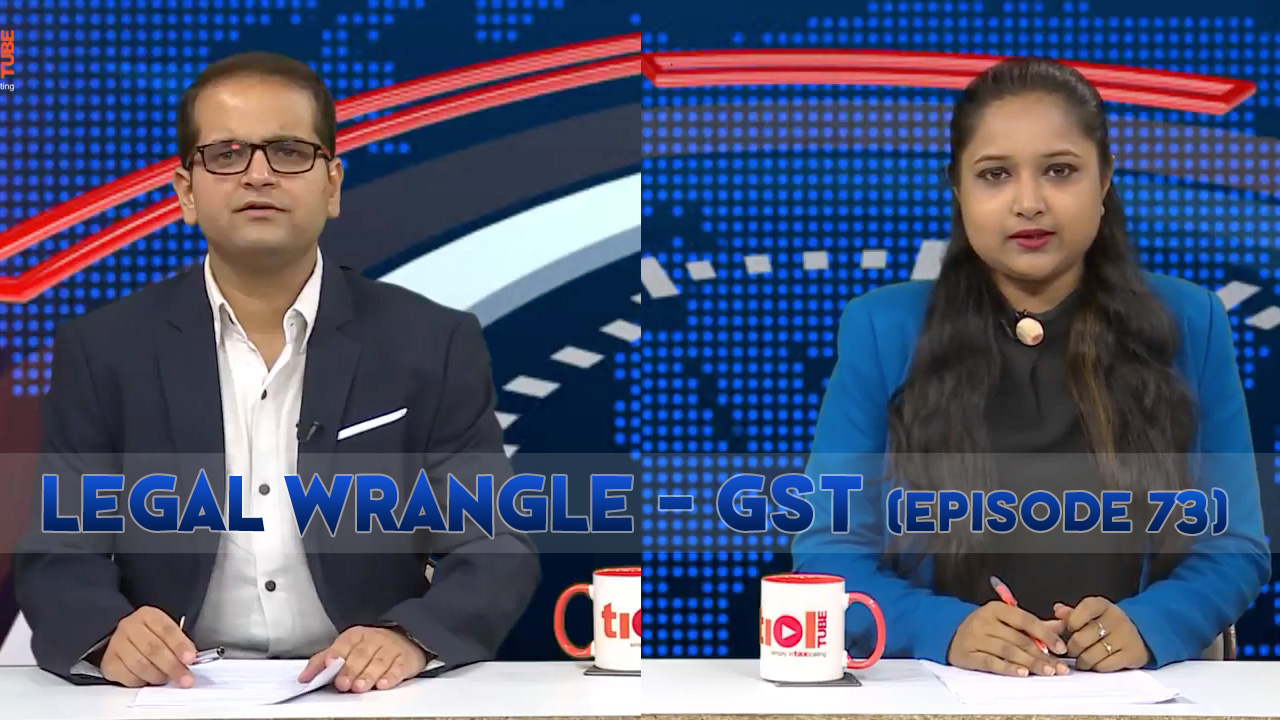2018-TIOL-1728-CESTAT-DEL + Case Story
Honda Motorcycle And Scooters India Pvt Ltd Vs CC GST
CX - Assessee engaged in manufacture of scooters and Motorcycles and entered into a Memorandum of Understanding with State of Rajasthan in terms of which the State Government offered them a customized package of incentives and facilities for setting up of their scooter plant in their State - As per MOU, the State Government shall pay the assessee cash subsidy equivalent to 100% of output tax in respect of sale and registration of vehicles manufactured by assessee in the State - The assessee paid VAT and received subsidy from State Government which was credited in their account after being duly sanctioned by Commissioner of Industries - The department entertained a view that subsidy received by assessee is includible in transaction value of final product of assessee by virtue of section 4(3)(d) of CEA, 1944 - Tribunal consistently is taking the view that subsidy amount cannot be included in transaction value of product for the purpose of payment of duty - In particular, in case of; Ultratech Cement Ltd.; 2018-TIOL-727-CESTAT-DEL, Tribunal has considered a similar issue pertaining to Rajasthan State Government where subsidy was paid to assessee by way of credit in form VAT 37 B - In the present case, subsidy is sanctioned and credited to the bank account of assessee - Impugned order is not sustainable in law and same is set aside: CESTAT [para 7, 8, 10] - Appeals allowed: DELHI CESTAT
2018-TIOL-1727-CESTAT-ALL
CD Engineering Company Vs CCE
CX- The assessee manufactures Forging & Flanges - It paid freight including service tax & claimed credit on clearance of the finished products for making delivery of the same from the factory gate to the buyer's premises, through transport agencies - The Revenue opined that the assessee sold the goods at the factory and place of removal was the factory - Hence the credit availed on outward transportation of the goods was disallowed - Duty demand was raised with interest & penalty - The Commr. (A) confirmed demand but deleted the penalty -
Held- Cenvat Credit is available on the outward transportation, wherein the place of removal was the factory gate - In the present case the place of removal was the factory gate - In such case, the SCN having been issued by invoking extended limitation, is bad in law - Hence the pursuant order be scrapped as well: CESTAT (Para 1, 2, 6) - Appeal Allowed: ALLAHABAD CESTAT
2018-TIOL-1726-CESTAT-CHD
Bhupinder Steel Pvt Ltd Vs CCE
CX- The assessee manufactures SS flats - On investigation the Revenue alleged clandestine removal - The Revenue opined that they were issuing cenvatable invoices without dispatching any goods - The enquiries were conducted at the premises of assessee - Statements of various transporters were recorded - As the assessee received raw materials either directly or through a registered dealer, it was alleged that the assessee availed the cenvat credit of duty paid on various raw materials on the basis of the invoices only, without actual reeipt of inputs - Revenue denied the Cenvat credit based upon the statement of some of the transporters - A SCN was issued for non receipt of inputs - The notice also proposed penal action against various other noticees - The Commr.(A) confirmed duty demand raised against the assessee with interest & penalty - The Revenue appealed in respect of non-imposition of penalty on the registered dealer -
Held - Difference of Opinion - The Members differed in their view as as regards the non-receipt of inputs/raw materials - The statement recorded during the course of investigation cannot be relied upon as admissible evidence - The person who made the statement has to be first examined as a witness in the case before the adjudicating authority - Thereafter, the statement should be admitted in evidence in the interest of justice - This follows from the decision of Kuber - Also, there was denial of cross examination of the witnesses on flimsy grounds- This denial of cross examination is a violation of principles of natural justice - Further, the consideration of the purchased inputs have been made through cheque, the inputs have been reflected in the statutory records - These inputs have been shown to have been used in the manufacture of final product, cleared on payment of duty - Likewise in the case of CCE, Chandigarh Vs. Neepaz steel ltd. the ratio reads as there is no evidence of alternative sources of procurement of raw material - Therefore, the Member(J) allowing the appeal of the assessee, deleted the penalty - However, Member(T) remands the matter to the Authorities lack of adherence to the procedure under Section 9D - The third member notes that examination-in-chief was not conducted by the original authority and therefore, cross-examination is irrelevant - Furthermore, the assessee manufactured goods and paid CE duty on the same - There are no investigations as to from where the inputs were procured for manufacture of goods - If they had received only the invoices and no inputs from then the production of goods would be impossible - Hence, the appeals are to be allowed and w.r.t. non-imposition of penalty as the assessee manufactured the goods and paid duty on the same is to be deleted : CESTAT (Para 1, 13, 14, 15, 16, 31, 32) - Revenue's Appeal Rejected: CHANDIGARH CESTEAT
2018-TIOL-1725-CESTAT-DEL
Hanon Climate Systems India Pvt Ltd Vs CCE
CX - Assessee engaged in manufacture of motor vehicle parts - Dispute is regarding the valuation of automobile parts cleared by assessee to M/s Maruti Suzuki India Ltd, who were holding shares to the extent of 39% in assessee‘s company - The stand of Revenue is that the two are "related persons" as per Section 4(3) (d) of Central Excise Act - The only reason alleged for considering the two as related persons is that M/s Maruti Suzuki India Ltd holds shares in assessee's company and has appointed one Director in Board of assessee's company - The stand of assessee, however, is that these two companies cannot be considered as "related persons" in terms of sub-clause (ii), (iii), (iv) of Section 4(3)(b) - From a perusal of the impugned order, it is noted that a bland allegation has been made by Revenue that the two companies have mutuality of business interest in their transactions - But there is no evidence on record that such alleged mutuality of interest has resulted in lower price due to extra commercial considerations - Consequently, it cannot be said that the two companies are ‘related persons’ in terms of sub-clause (ii), (iii) or (iv) of Section 4(3) (b) of the Act - Valuation of goods as per Rule 9 read with Rule 8 of Central Excise Valuation Rules, is applicable only in a case where goods are sold to or through a person who is related - Rule 10 of Valuation Rules deals with the valuation of goods sold to or through "inter-connected undertaking" - Since the two companies are not related in terms of sub-clause (ii), (iii) or (iv) of Section 4(3)(b) of the Act, the valuation is required to be done in terms of Rule 10 (b) of the Rules which provides the valuation to be done as if they are not related persons - In such cases, valuation as per transaction value arrived on the basis of purely commercial consideration is to be accepted - This view have been held by Tribunal in case of M/s Oriental Steel Re-Rolling Mills 2014-TIOL-202-CESTAT-DEL - Impugned order set aside: CESTAT - Appeal allowed: DELHI CESTAT
2018-TIOL-1724-CESTAT-MUM
CCE Vs PRS Permacel Pvt Ltd
CX - CENVAT - availment of additional duty paid at the time of import of printers, parts of printing machines, ribbon thermal, print head and sleeves - Revenue case is that these were not inputs for manufacture of final product but were traded as such, therefore, CENVAT credit was denied by original authority - however, Commissioner(A) setting aside the same on the ground that the duty liability on traded goods had been discharged at the time of removal from premises and that part had been paid by debit in CENVAT credit account - Revenue in appeal before CESTAT.
Held: It is well settled that once duty has been collected and accepted as due discharge of liability under the CEA, 1944, on the clearance of all the imported goods, whether as such or after some processing, a contrary stand cannot be adopted by the tax authorities to the detriment of the assessee - no merit in appeal, hence dismissed: CESTAT [para 5, 6] - Appeal dismissed: MUMBAI CESTAT









